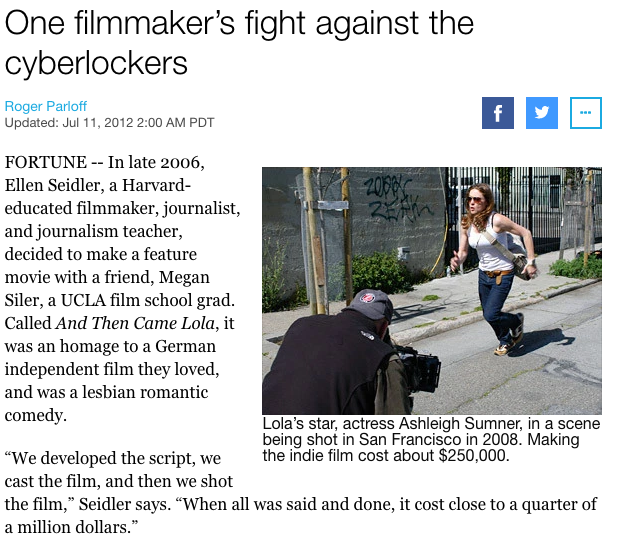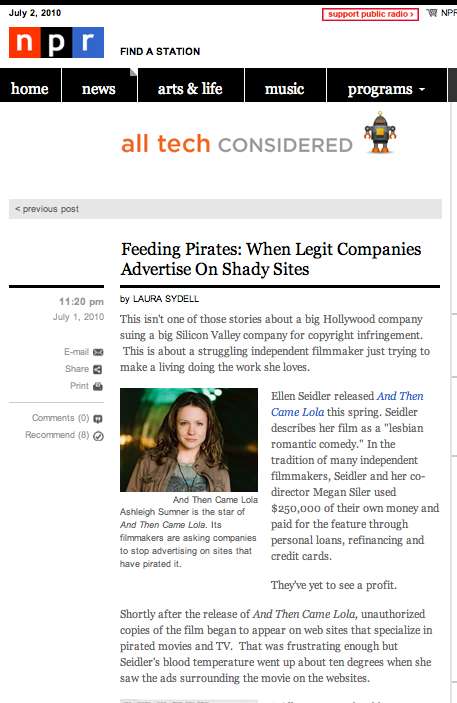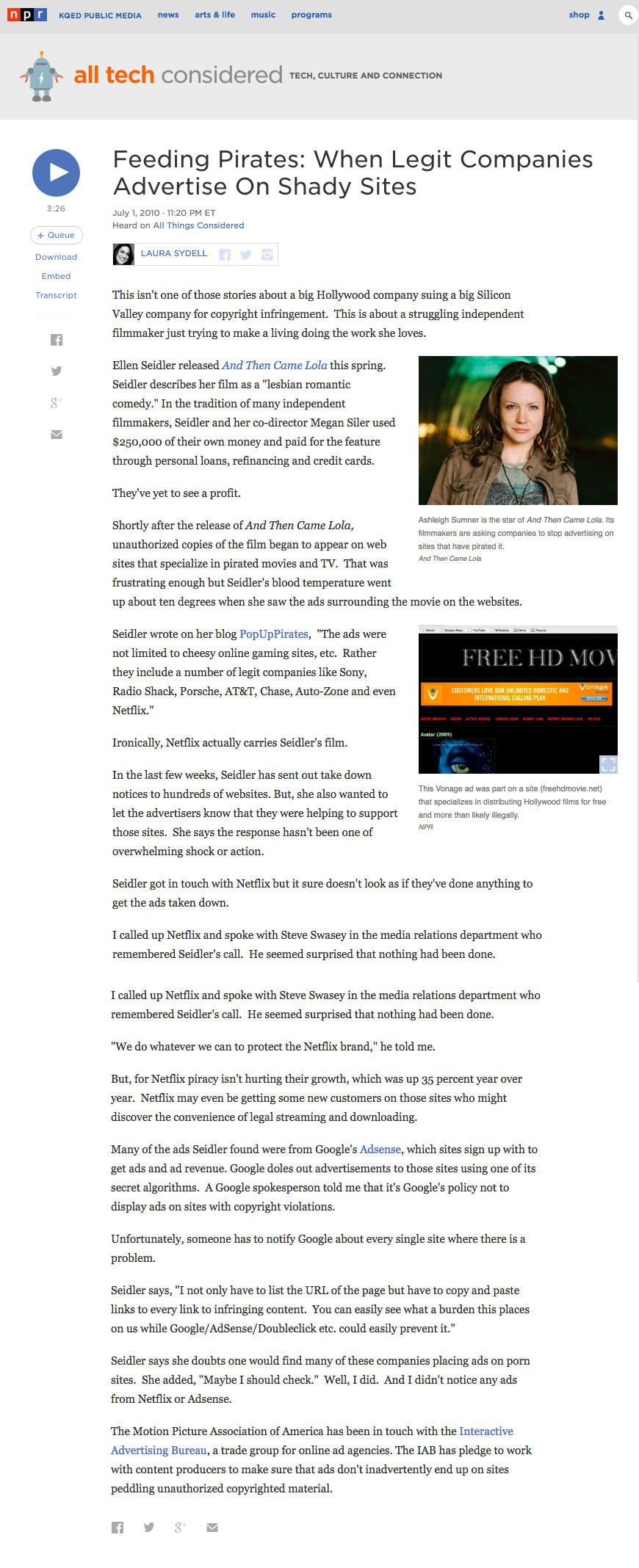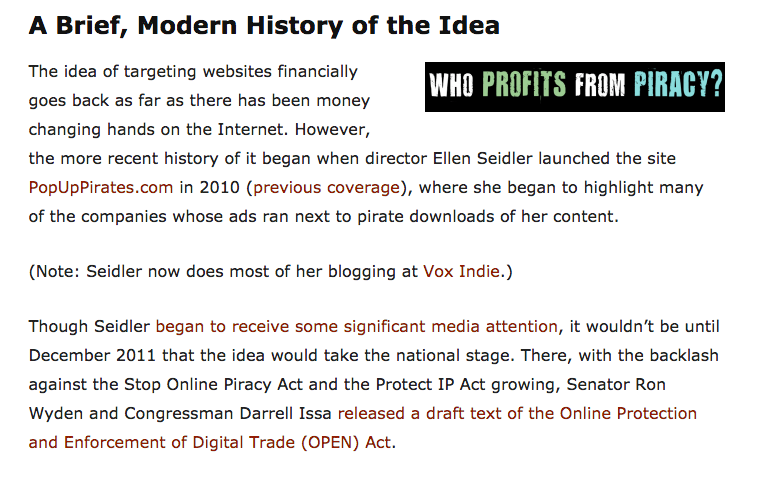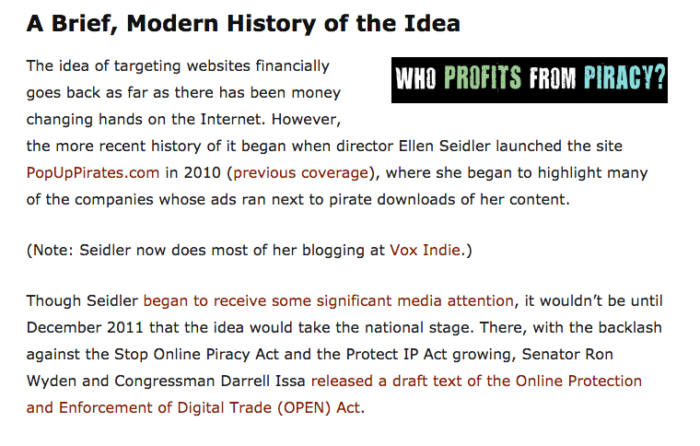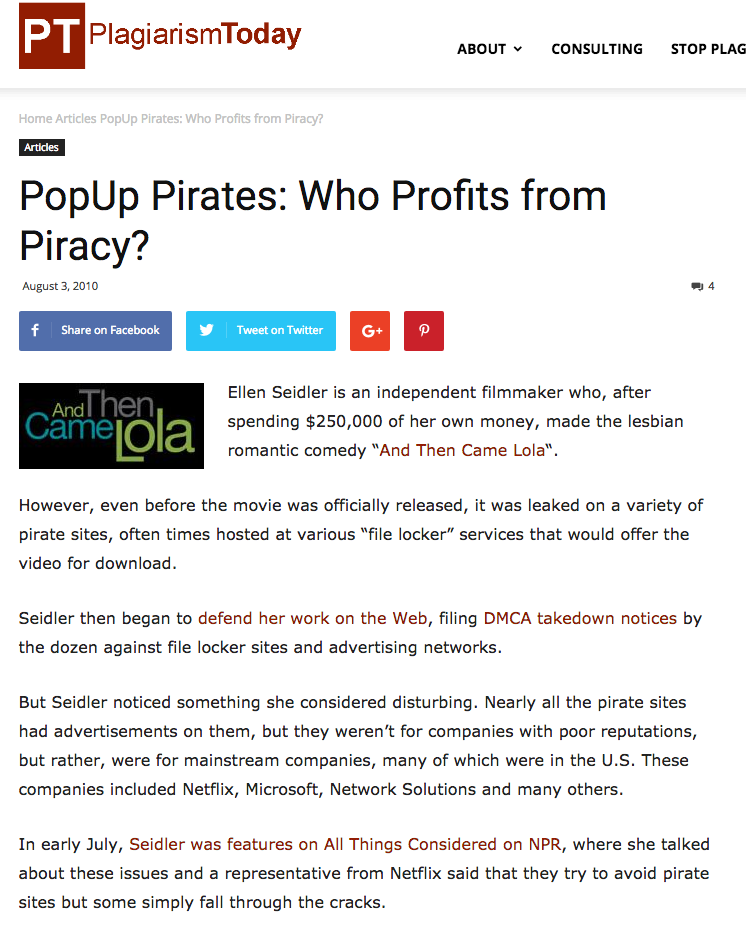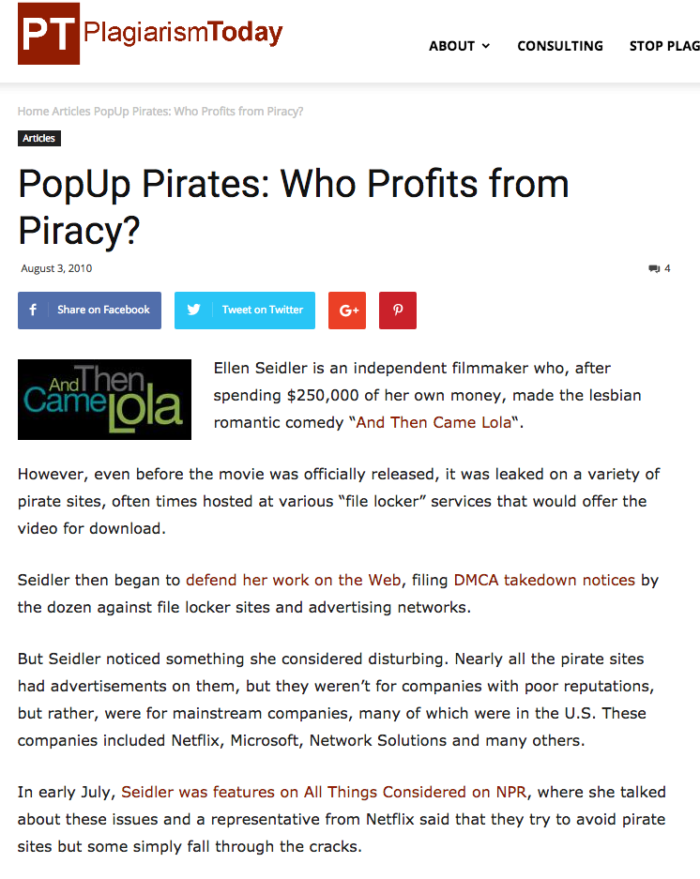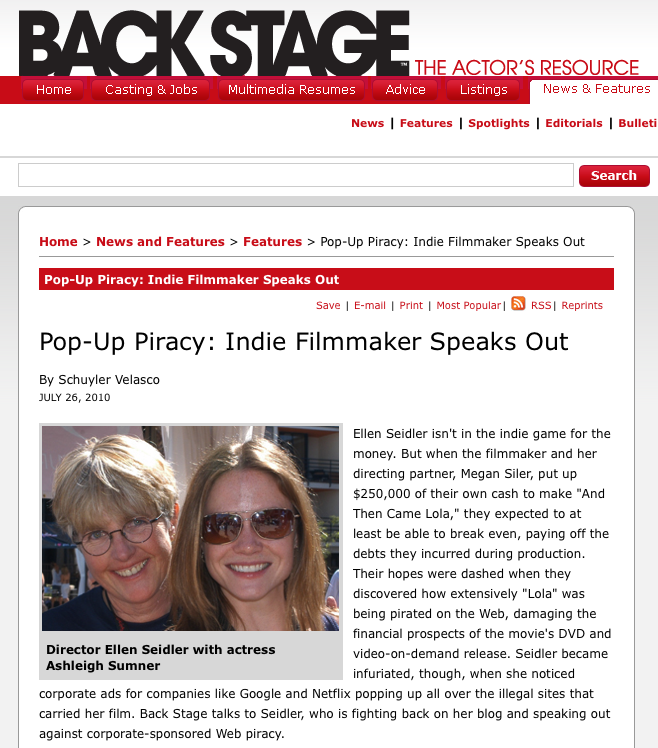In late 2006, Ellen Seidler, a Harvard-educated filmmaker, journalist, and journalism teacher, decided to make a feature movie with a friend, Megan Siler, a UCLA film school grad. Called And Then Came Lola, it was an homage to a German independent film they loved, and was a lesbian romantic comedy.
“We developed the script, we cast the film, and then we shot the film,” Seidler says. “When all was said and done, it cost close to a quarter of a million dollars.”
In late 2006, Ellen Seidler, a Harvard-educated filmmaker, journalist, and journalism teacher, decided to make a feature movie with a friend, Megan Siler, a UCLA film school grad. Called And Then Came Lola, it was an homage to a German independent film they loved, and was a lesbian romantic comedy.
“We developed the script, we cast the film, and then we shot the film,” Seidler says. “When all was said and done, it cost close to a quarter of a million dollars.”
They financed the movie the way independent filmmakers do. “I took out a second mortgage, borrowed against my retirement, went into credit card debt,” says Seidler. “Not necessarily smart things, but that’s what we did.”
In June 2009, Lola screened to a sold-out crowd at the Frameline Festival in San Francisco, the premier lesbian-gay film event, and it later showed at scores of other festivals. Like many independent films, Lola had no theatrical release. It was distributed at first by DVD and later by download and streaming as those methods become available. Today legitimate versions are available in nine languages, through such outlets as Amazon (AMZN, -1.93%), iTunes, Netflix (NFLX, -1.22%), two worldwide video-on-demand services — Buskfilms and WolfeOnDemand — and an iPhone app. Legitimate streams are available for as little as $2.99.
Though Seidler knew the film would be pirated over peer-to-peer sites like ThePirateBay, she and her distributor considered those methods too geeky for most people. But by spring 2010, when the DVD came out, the plunging costs of data storage had combined with dramatic improvements in streaming technologies to catapult cyberlockers like Megaupload to the fore as the simplest way to see movies for free.
Within 24 hours of release, Seidler began seeing links to pirated copies of Lola on the web. Soon there were thousands. The links were mainly on ad-supported blogs and led to copies stored on commercial cyberlockers. She began emailing DMCA takedown notices — 1,200 in a single weekend in May 2010 — to cyberlockers, blogs, blog hosts (like Google Blogger), and ad networks (like Google AdSense), but it was “like putting up an umbrella under Niagara Falls,” she says. She showed Fortune spreadsheets corroborating that she has had, to date, well over 56,000 links to pirated copies of her film taken down. “It didn’t take me long to realize that this wasn’t about sharing,” Seidler says.
“It was about people making money.” And it wasn’t just pirates who were making money. The ads were often being served by Google (GOOG, -1.26%), adBrite, or other American companies, and, weirdly, the ads themselves were often for legitimate companies, like Deutsche Bank (DB, +1.57%) affiliates and even Netflix, which was one of Seidler’s distributors. Furious, Seidler launched her own site, called popuppirates.com, to “document the connection between piracy and profits” and to show how mainstream companies were profiting from this black market.
“I got to say it galled me to see Google making money off my film, and the pirate-operator making money, and we’re still in debt,” says Seidler. “There’s something wrong with that.” A Google spokesperson did not respond to inquiries seeking comment, except to acknowledge their receipt. (At a congressional hearing last November, a Google lawyer testified that the company more than complies with its duties under the DMCA, having taken down more than 5 million items that year and having shut down more than 150,000 AdWords accounts. According to the government’s January indictment against the cyberlocker Megaupload, Google also stopped serving ads for Megaupload in 2007 after finding “numerous pages” linking to “copyrighted content.”)
For its first quarter, Lola made less than a fourth of what its distributor, Wolfe Video, had anticipated. “There’s a market that hungers for this product,” says Maria Lynn, the president of Wolfe, which has been distributing LGBT films for 27 years. Cyberlockers made the difference, she maintains.
“Pirates fall into two categories,” says Wolfe Video founder Kathy Wolfe. “The first would be happy to pay if they could find the legitimate version of the movie. That’s incentivizing us to make that happen. But the second are the people who don’t believe they should have to pay ever. That that would have any legitimacy as a position is staggering to me.”

